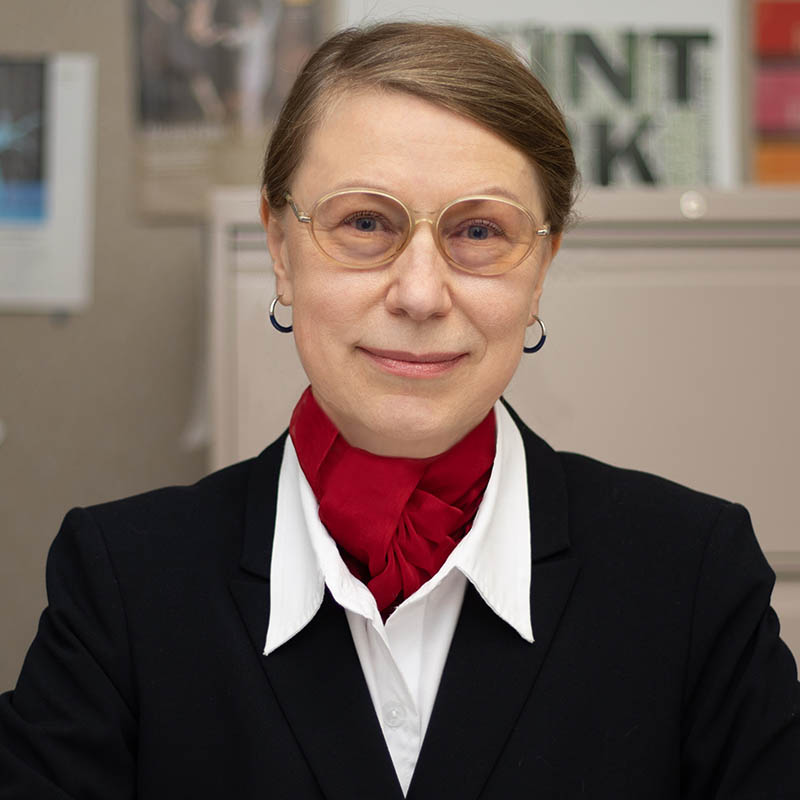Point Park University Professor Discusses Post-COVID Higher Ed Wednesday, October 20, 2021

Tatyana Dumova, Ph.D.
“The pandemic disrupted the traditional, face-to face mode of operation of colleges and universities nationwide. However, the disruption created an opportunity for transformative change. While forced to rely on remote teaching and learning on an unprecedented scale, we also started considering how we teach and rethinking priorities in order to continue keeping the students first.”
School of Communication Professor Tatyana Dumova, Ph.D., participated in the annual convention of the Pennsylvania Communication Association, Oct. 8-9, 2021, hosted by Geneva College. Due to the COVID-19 pandemic, communication educators and professionals met in a virtual format.
Dumova took part in the panel, “Teaching and Learning Post-COVID: Sustaining Strengths and Improving Weaknesses.” As society slowly emerges from the pandemic, participants discussed the most pressing issues related to teaching, learning and pedagogy.
The presentations focused on successful practices and takeaways that could be helpful in sustaining a student-centered approach of American higher education.
“The pandemic disrupted the traditional, face-to face mode of operation of colleges and universities nationwide,” said Dumova. “However, the disruption created an opportunity for transformative change. While forced to rely on remote teaching and learning on an unprecedented scale, we also started considering how we teach and rethinking priorities in order to continue keeping the students first.”
Among the discussed issues were academic continuity, student engagement in virtual learning spaces, accessibility, inclusion and social-emotional needs of students, and more.
Dumova also chaired the research panel, “Community Structure, Hermeneutics, and Ethics: How Artifact Interpretations Inform Lived Experience and Vice Versa,” and served as the respondent.
Founded in 1939, the Pennsylvania Communication Association promotes teaching, service and scholarship, and connects the discipline of human communication to the larger community.

